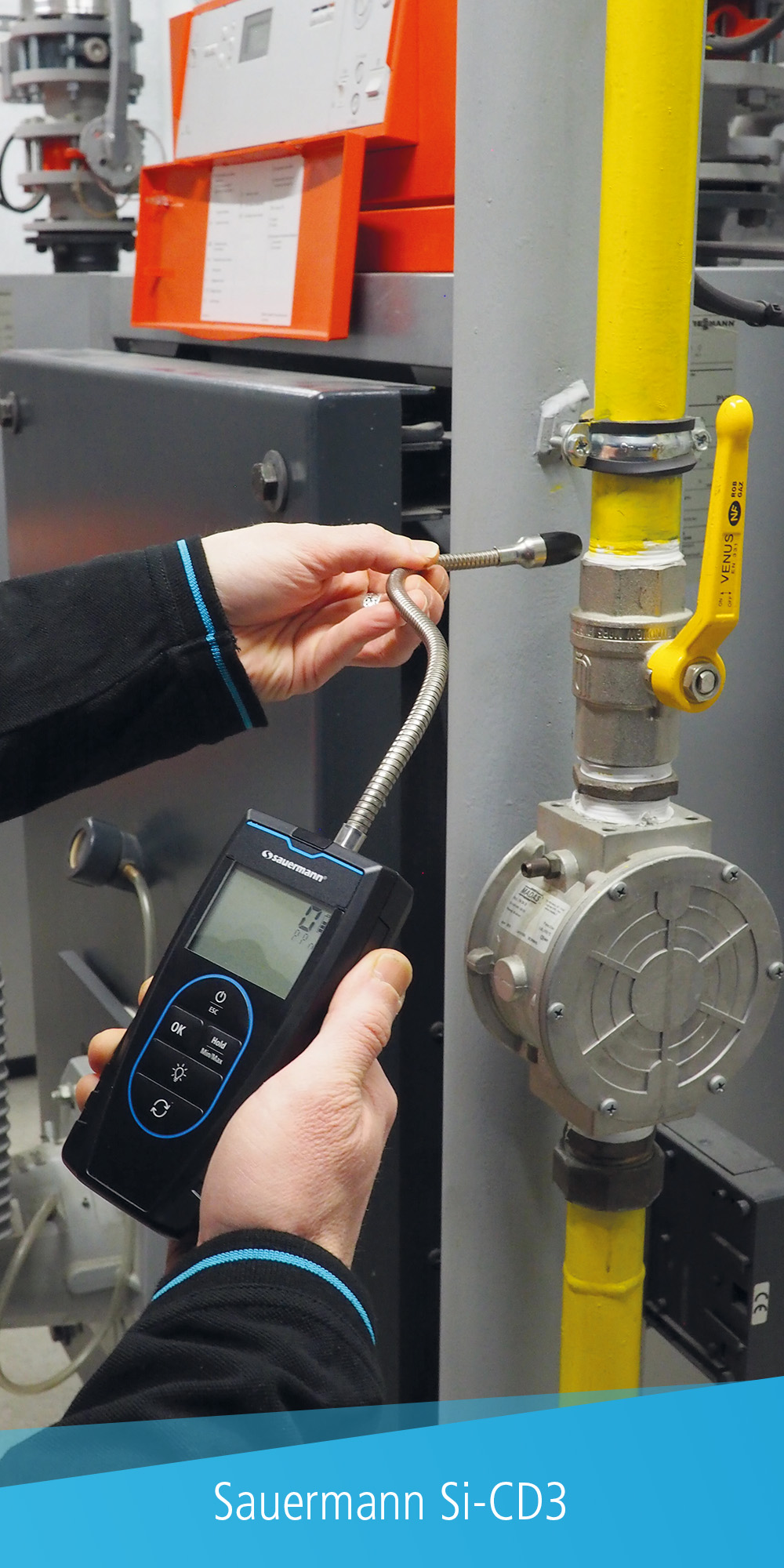The Importance of Combustible Gas Leak Detection
In recent years, combustible gas leak detection has grown in importance because of increased safety concerns, performances of products/systems, liability concerns, health concerns, & warranties.
Gas leak detection is a way of nondestructive testing of dangerous combustible gases from sealed components or systems. Leaks can easily result from poor seals and connections, as well as from inadequate welds. Slow gas leaks from small defects or vibrations can be dangerous, expensive, frustrating, time consuming, and a potential for sickness, death or explosions.
For years, contractors and other personnel used the OLD soap & water method which has been proven to be ineffective in detecting the precise location of particularly small gas leaks. Recently, gas leak detectors & gas sniffers have become much more popular & useful.
The Most Common Reasons for Gas Leak Detection are:
- Protect Personnel and Property: Gas leaks can potentially create serious personnel hazards as well as destroy material and property.
- Contamination and Safety: With stricter OSHA and environmental regulations, the reasons for gas leak detectors are growing.
- Reliability: Equipment reliability has always been a major reason for gas leak detectors & gas sniffers.
- Energy Loss: With the high cost of energy, losses are increasingly important. By gas leak detection, energy can be saved by conserving the amount of fuel used in a system such as natural gas or propane from leaking out

Most Common Users of Gas Leak Detectors & Gas Sniffers:
- Gas Utilities
- Plumbers
- HVAC Contractors
- Home Owners
- Building Owners (Office, Apartments, etc)
- Refrigeration
- Pipelines
- Heating Engineers
Most Common Gas Leak Detector & Gas Sniffer Applications:
- Fittings
- Pipes (metal or plastic)
- Valves
- Canisters
- Furnaces
- Water Heaters
- Gas Appliances
- Tanks
Most Common Gases Being Tested for Leaks in Residential, Commercial and Industrial Applications:
- Propane
- Butane
- Natural Gas
- Methane
- LPG
- Other Combustible Gases